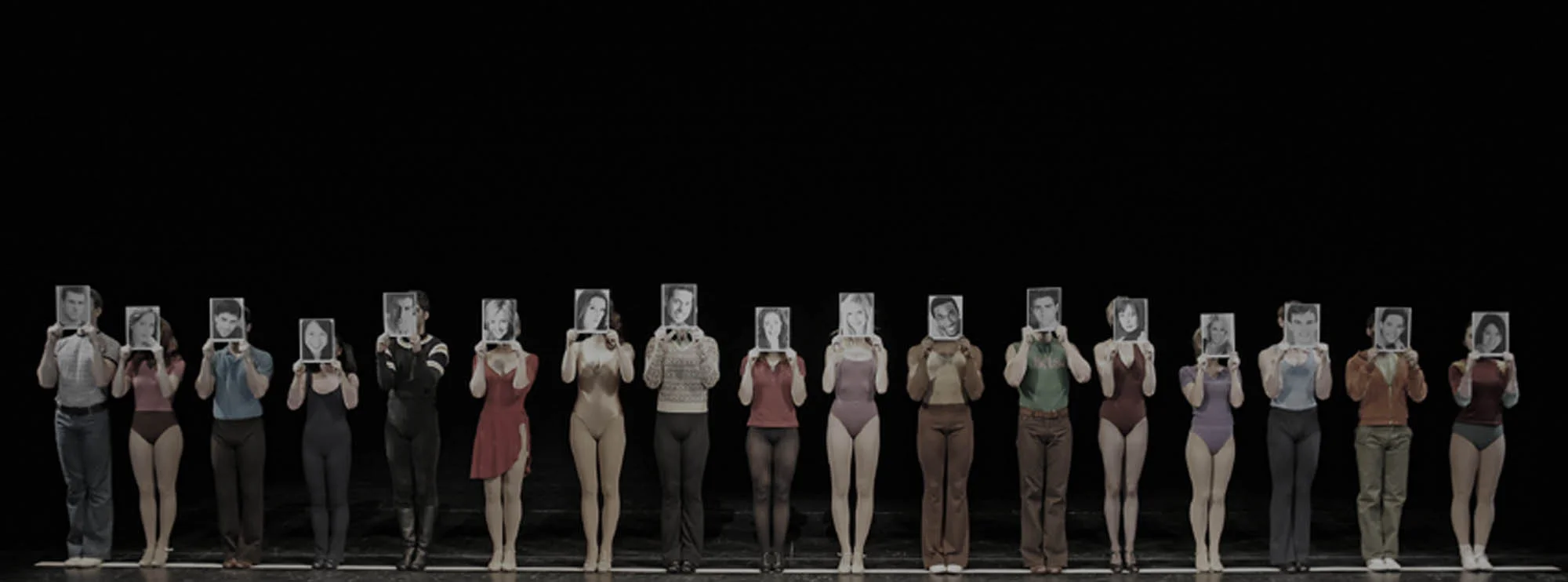My editor, Robert Peterson, constantly fights with me on character choices and dialogue within my novels. That's his job, and he's right 99% of the time, but it still gives me more work to do when I'd rather be inhaling and entire loaf of fresh-baked brioche. How does he approach the matter? He calls it "losing the Central Casting decisions."
For those of you not as well-versed in the parlance of Hollywood, Central Casting is one of many agencies that provide actors for film and television. As a shorthand, it refers to the bland and agentless "faces" populating most entertainment these days.
Allow me to explain with an example. Picture a scene in a movie or television show. Your hero, a square-jawed do-gooder who doesn't play by the rules, is storming about the station raising hell. Suddenly, a stuffy lawyer from the State Department arrives to deliver a wrist slap. "You can't blow up two city blocks, you maniac!"
Did you picture this man?
Or maybe this one.
That's central casting. You're taking a stereotypical collection of parts (in this case, the vaguely Jewish lawyer), and inserting them as a placeholder into your scene. Unfortunately, that's where a lot of writers stop.
Central Casting, when it comes to your stories, refers to leaving a placeholder instead of really working through the narrative. This can refer to dialogue and characters. Let's take a look at some examples and see how we can make it better.
Dialogue
Picture this scene.
A space ship is under attack by alien fighters. Shields are failing. Bulkheads are collapsing. Hope is escaping as quickly as oxygen through the shattered hull. Suddenly, with a flash of light, the cavalry arrives! Our hero, a rogue-ish female captain with her uniform partially unbuttoned--because she doesn't follow your RULES--speaks calmly into the radio:
"Sorry to keep you waiting."
UGH! Did you cringe? Or maybe, and this is totally OK, you pumped your fist and shouted "HELL YEAH! GET SOME!"
That's how Central Casting deals with lines of dialogue. They sound familiar, as though they came from another movie or book. You know why? Because they did. They came from every other movie or book. It's a line that is so overused, you can't even properly place from where it was stolen.
So what's a better way to handle that scene?
Same start, same problem. Hero arrives in a flash of light in their brilliant spacecraft. Picture our captain a little differently. Her hair is short because she's in space, and zero-g causes long locks to be a hazard. Her uniform is simple and form-fitting, because loose clothing gets caught on machinery. She doesn't make a joke because this isn't a funny moment. Instead, she issues orders with the pace of a machinegun.
"Helm to one-three-zero and reduce to half speed!"
"Aye!"
"Main gun target enemy frigate. Load all tubes with hunter-seekers and fire at will. Counterbattery?"
"Yes, ma'am?"
"Light up the sky."
Wasn't that better? Did it feel more engaging? More real? That's the difference between Central Casting and a little bit of effort. Imagine your characters going through the events of your story. Would they really be so glib in the face of mortal danger? Are they cavalier or professional? Are they sardonic or morose? Are they poetic or stoic?
Once you're happy with the dialogue, it's time to examine other elements of your story for Central Casting issues.
Character
More specifically, Character Traits. As my editor is wont to say, "An accent is NOT a character trait."
What he means is that your character might have a limp and a scar, but neither of those build a character. Here, let's take a look at two scenes.
Marcus jogged the length of the hedgerow. All of his gear bobbed with him, but made nary a sound. Since he was an experienced veteran, he knew to tie off equipment to prevent noise from alerting the enemies. He paused at an intersection of lanes and waited for the rest of his squad to catch up. He sniffed the air. There was a faint aroma, like a barbecue.
"What is it, sergeant?" Lieutenant Lump asked.
"War," Marcus replied. "And it's well done."
Barf. Barf city, USA.
Aside from the terrible dialogue, where was the character building. You might say, "But Adam. He smelled the air and knew it was war. Or he tied his equipment down. That shows character."
No, dummy. It shows that you wrote descriptors. You're better than that.
Let's try it again.
Marcus inched his way down the muddy path between the hedgerows. A sudden noise froze him in his tracks. He checked the taped-down straps of his rucksack. Still secure. He glanced at his squad, eyeballing them for any violations of noise discipline. To a man, they looked ready for war.
Something else. He sniffed the air. Someone else. Marcus placed his hand on the ground, holding his breath. The mud rumbled.
"What is it, sergeant?"
Marcus looked up at his lieutenant. The kid couldn't have been more than nineteen, and look half that. The grizzled NCO tapped his nose twice. "Krauts. And they're burning bodies. What's your call, sir?"
Okay, it's not perfect, but you see the difference? In the latter, we can actually see our veteran demonstrating his knowledge. He isn't just a caricature, he is a character. His trait, professionalism, is on display.
Take a look at any movie, television series, or novel you've enjoyed in the last few weeks. Have you noticed at Central Casting choices that you would have changed? Let me know in the comments below, and I'll see you back here next time.


